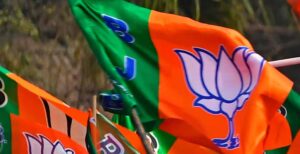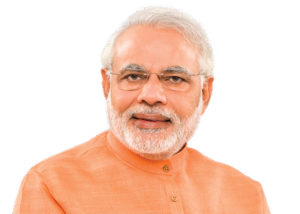Human Rights Concerns in India

Gender inequality is another significant human rights concern in India.
India, as a diverse and populous country, faces numerous human rights concerns that require attention and action
 Human rights issues in India are a subject of significant concern and scrutiny, reflecting the complex interplay of historical, social, political, and economic factors. While India is renowned for its democratic ethos, pluralistic society, and commitment to upholding fundamental freedoms, it also grapples with a range of human rights challenges that demand urgent attention and concerted action.
Human rights issues in India are a subject of significant concern and scrutiny, reflecting the complex interplay of historical, social, political, and economic factors. While India is renowned for its democratic ethos, pluralistic society, and commitment to upholding fundamental freedoms, it also grapples with a range of human rights challenges that demand urgent attention and concerted action.
One of the most pressing human rights issues in India is the prevalence of gender-based violence and discrimination against women and girls. Despite legal protections and awareness campaigns, gender-based violence, including domestic violence, sexual harassment, and dowry-related deaths, remains pervasive, reflecting deep-rooted patriarchal attitudes and societal norms. The implementation of laws and access to justice for victims of gender-based violence often face significant barriers, including stigma, inadequate law enforcement, and judicial delays.
The issue of caste-based discrimination and atrocities against Dalits, historically marginalized communities, continues to persist despite constitutional safeguards and affirmative action measures. Dalits face systemic discrimination and violence, including social ostracism, caste-based violence, and denial of access to basic services and opportunities. The prevalence of caste-based discrimination underscores the need for comprehensive legal reforms, effective implementation of anti-discrimination laws, and targeted interventions to address structural inequalities and promote social inclusion.
Another significant human rights challenge in India is the plight of religious minorities, including Muslims, Christians, Sikhs, and others, who face discrimination, communal violence, and targeted attacks on religious institutions. Incidents of religious intolerance, hate speech, and mob violence against minorities undermine the secular fabric of Indian society and pose a threat to communal harmony and national unity. The government’s role in protecting the rights of religious minorities, ensuring their security, and promoting interfaith dialogue and tolerance is paramount in upholding India’s pluralistic ethos and constitutional values.
The issue of freedom of expression and press freedom in India has also come under scrutiny in recent years, with concerns raised about censorship, media crackdowns, and attacks on journalists. Cases of harassment, intimidation, and violence against journalists, activists, and dissenting voices raise serious questions about the state of democratic freedoms and the space for civil society to operate freely. A vibrant and independent media is essential for holding power to account, fostering transparency, and safeguarding democratic principles, and any encroachments on press freedom undermine the foundations of democracy.
Furthermore, India’s human rights record in conflict-affected regions, such as Jammu and Kashmir and the Northeast, has drawn international attention, with allegations of human rights abuses, including extrajudicial killings, enforced disappearances, and arbitrary detentions. The imposition of security measures, such as curfews, internet shutdowns, and restrictions on freedom of movement and assembly, raise concerns about the protection of civil liberties and the rule of law in these regions. Addressing grievances, promoting dialogue, and ensuring accountability for human rights violations are essential for restoring trust, peace, and stability in conflict-affected areas.
In addition to these issues, India faces challenges in protecting the rights of marginalized communities, including tribal populations, LGBTQ+ individuals, persons with disabilities, and migrants. Discrimination, marginalization, and lack of access to essential services and opportunities exacerbate their vulnerability and hinder their ability to fully participate in society. Efforts to address these challenges require comprehensive legal frameworks, targeted policies, and inclusive development strategies that prioritize the rights and dignity of all individuals, irrespective of their background or identity.
Despite these challenges, India has made significant strides in promoting human rights, including the abolition of discriminatory laws, ratification of international human rights treaties, and establishment of institutions for human rights protection and promotion. Civil society organizations, human rights defenders, and grassroots activists play a vital role in advocating for human rights, raising awareness, and holding authorities accountable for violations. Upholding human rights is not only a moral imperative but also a legal obligation enshrined in India’s constitution and international commitments, and concerted efforts from all stakeholders are essential for realizing the vision of a just, inclusive, and rights-respecting society.






